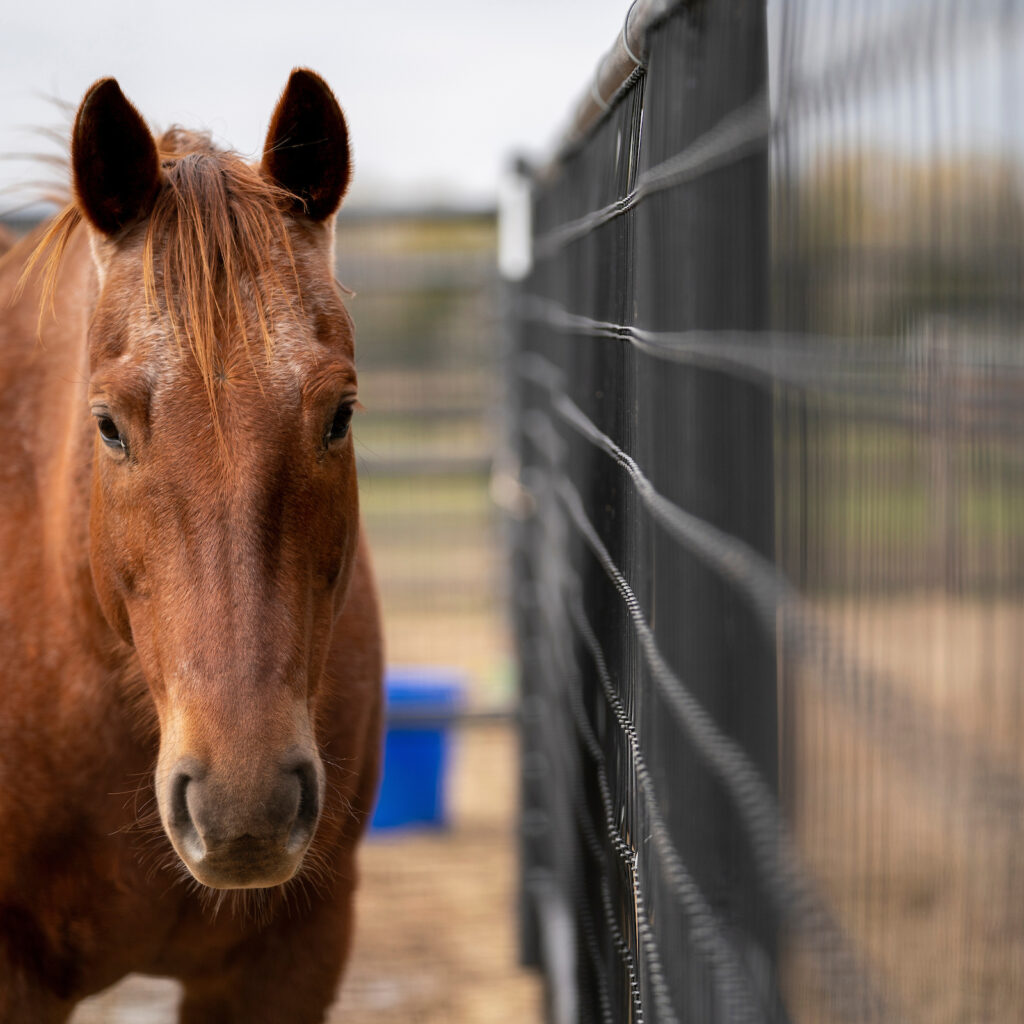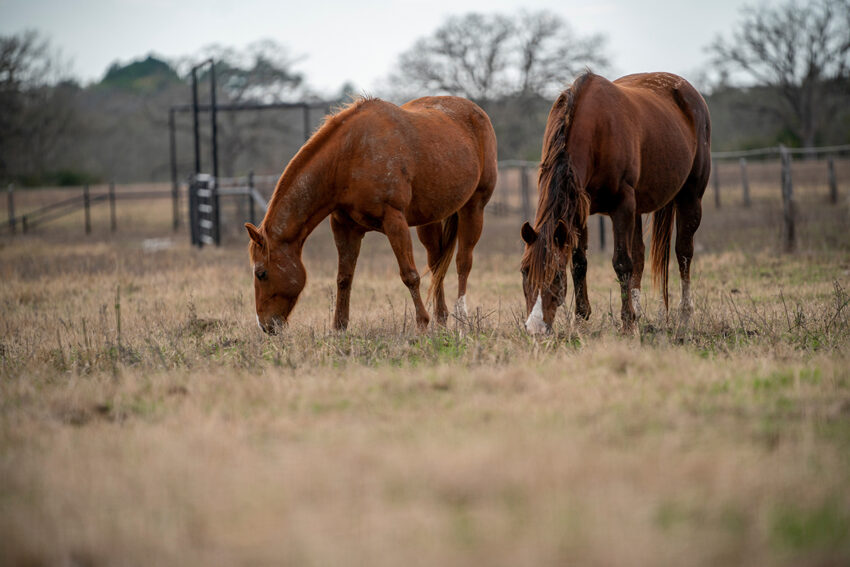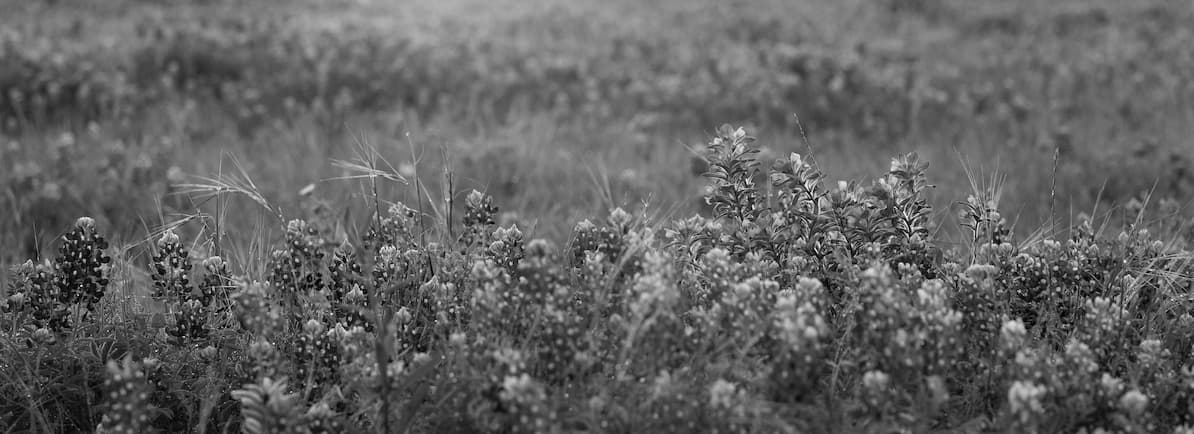Horses
Texas is home to more than 1 million horses, which accounts for nearly 15% of all horses nationwide. As a result, we provide online courses, publications, apps, programs, events and workshops related to horses and equine science, covering information useful for beginners and seasoned horse enthusiasts alike.
Related Departments: Animal Science

Equine Infectious Anemia (Coggins) Testing
TVMDL offers two methods of detecting EIA antibodies, an agar gel immunodiffusion, AGID, method or an enzyme-linked immunosorbent assay, ELISA.

Learn About
Horses
Publications
Programs
Courses
All Resources on Horses
- Course
A thorough online course, Training a Stallion to Collect on the Phantom, is intended for professionals, horse owners, and breeders who want to improve their abilities in teaching stallions to collect on the phantom.
- Publication
This 4-page fact sheet provides best practices to consider when making nutritional decisions that are both beneficial to the horse and sustainable for management.
- Publication
This factsheet covers how to identify potential hyperinsulinema in horses and how to manage the condition.
- Publication
Permanently identifying horses can deter theft and help prove ownership. This publication discusses hot-iron branding, freeze branding, electronic identification, lip tattoos, and using photographs, illustrations, parentage verification, and brand registration to aid in identifying horses. (4 pages)
- Publication
Horse owners can take steps in the management and care of horses, facilities, and equipment to minimize the risk of theft. This publication explains 15 ways to prevent horse theft. (4 Pages)
- Publication
Freeze branding of horses has many advantages. It is safe, economical, simple to do, and relatively painless. It can be done on horses of any age and does not damage the horse's hide. This publication gives complete, step-by-step instructions for freeze branding as well as information on branding systems and sites. (4 Pages)
- Publication
Horse owners know the importance of protecting their animals from disease. This publication explains how diseases are transmitted and how horses can be protected by establishing a core vaccination and a risk-based vaccination program. (10 pages)
- Publication
Horse owners know the importance of protecting their animals from disease. This publication explains how diseases are transmitted and how horses can be protected by establishing a core vaccination and a risk-based vaccination program. (8 pages)
- Publication
Texas is home to about 1 million horses, the majority of them working horses, competitive event horses and pleasure/recreational riding horses. For owners of horses that have completed their growth, knowing how to take care of their older horses can mean the difference between horses that just survive or animals that thrive. (13 pages)
- Publication
This publication explains how proper nutrition and feeding management can improve the athletic performance of an arena horse. (16 pages)
